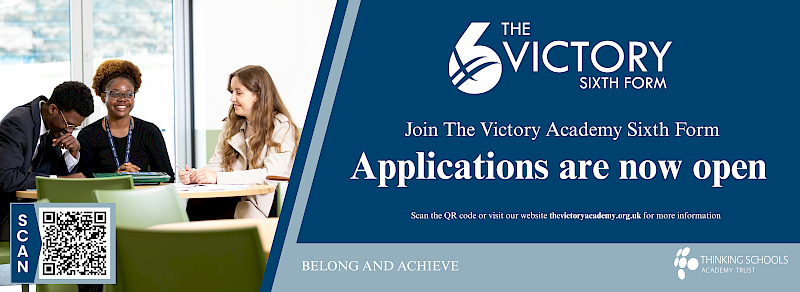
Applications for The Victory Academy Sixth Form are now open! To apply please click here.

Applications for The Victory Academy Sixth Form are now open! To apply please click here.
Physical Education develops pupils’ physical competence and confidence, and the ability to use these to perform in a range of activities. It promotes physical skilfulness, physical development and a knowledge of the body in action. Physical Education provides opportunities for pupils to be creative, competitive and to encounter and overcome challenges as individuals and in groups and teams. Whilst developing the knowledge of health and fitness it promotes positive attitudes towards active and healthy lifestyle choices. Pupils learn how to think in different ways to suit a variety of creative, competitive and challenging activities. They learn how to plan, perform and evaluate actions, ideas and performances to improve their quality and effectiveness. Through this process pupils discover their aptitudes, abilities and preferences, and make choices about how to get involved in lifelong physical activity.
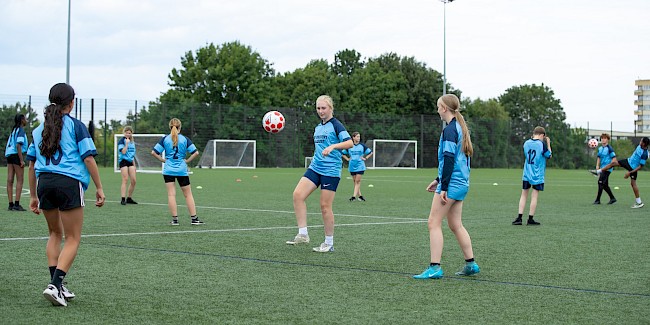
The Department offers a broad, balanced and challenging curriculum which covers a variety of sporting activities in each year. These include;
The delivery of lessons in Physical Education allows teaching staff to make the most of their own skills, abilities and professional judgements. Alongside this, there are common ways in which the curriculum is implemented across the department:

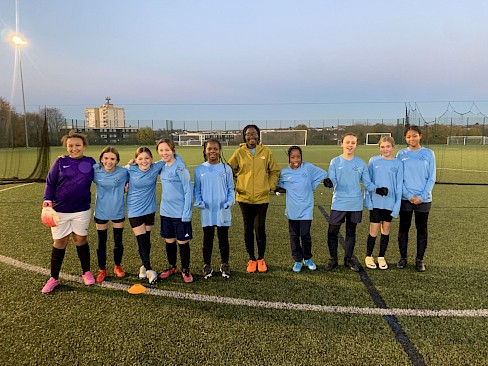
The objective of the P.E Department is to deliver the National Curriculum within the framework of the Academy’s aims. The Department actively promotes equal opportunities for all students to participate in a broad and balanced curriculum.
Pupils are offered opportunities for developing cultural capital by developing their ability to apply knowledge, skills and concepts appropriately and effectively in a variety of activities using physical competence. Pupils are taught to recognise diversity alongside developing an appreciation of health, fitness, recreation and leisure, and the benefits of an active lifestyle for all. The curriculum provides academic challenge by developing thinking by deepening knowledge, understanding and application to foster independence in both practical and theory work.
The PE Curriculum aims to provide, through a variety of structured developmental schemes, the opportunity to foster a positive attitude towards, and an appreciation of, a healthy active lifestyle, a challenge to all, a sense of achievement and celebrating that achievement.
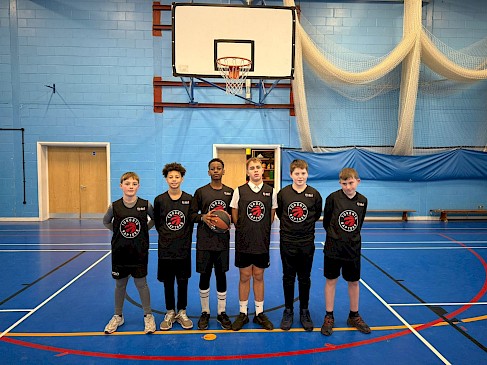
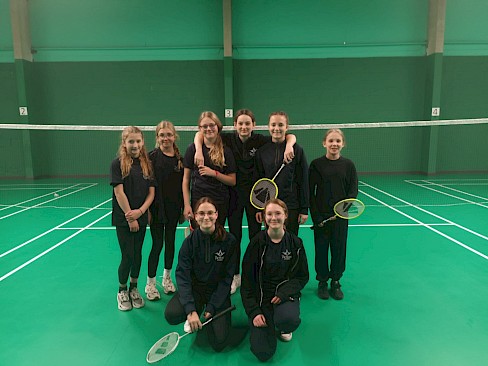
Pupils in Key Stage 3 have the following hour long lessons a fortnight:
Year 7 will start their Secondary PE journey with a Foundation Skills unit. This allows teachers to undertake baseline assessment so that accurate progress can be tracked. They will then rotate around termly Schemes of Work that cover Netball/Football/Rugby, Fitness, Badminton/Basketball, Athletics and Rounders. Where possible classes are taught in single sex groups to meet the needs, interests and preferences of our pupils. This helps develop physical competence and confidence.
| Year 7 | Year 8 | Year 9 |
| Foundation Skills - 1 unit | Football (b)/Netball (g) - 1 unit | Football (b)/Netball (g) - 1 unit |
| Football (b)/Netball (g) - 1 unit | Rugby (b)/Football (g) - 1 unit | Rugby (b)/Football (g) - 1 unit |
| Badminton/Basketball - 1/2 unit each | Badminton/Basketball - 1/2 unit each | Badminton/Basketball - 1/2 unit each |
| Fitness - 1 unit | Fitness - 1 unit | Fitness - 1 unit |
| Athletics - 1 unit | Athletics - 1 unit | Athletics - 1 unit |
| Striking and Fielding - 1 unit | Striking and Fielding - 1 unit | Striking and Fielding - 1 unit |
Pupils in Key Stage 4 have the following hour long lessons a fortnight:
In Year 10, pupils rotate around termly Schemes of Work that cover Netball/Football/Rugby, Fitness, Badminton/Basketball, Volleyball/Table Tennis, Athletics and Rounders. As pupils have developed their physical skills, the emphasis moves to games play to develop a deeper understanding of skills, tactics, strategy and fitness for performance.
In Year 11 pupils may opt for their choice of sporting activity to help foster an enjoyment of sport and activity for after school.
| Year 10 | Year 11 |
| Football (b)/Netball (g) - 1 unit | Pupils opt termly for their choice of activity from; |
| Rugby (b)/Football (g) - 1 unit | Football |
| Badminton/Basketball - 1/2 unit each | Netball |
| Fitness - 1 unit | Sports Hall activities - Badminton and Basketball |
| Athletics - 1 unit | Fitness |
| Striking and Fielding - 1 unit |
Pupils in Key Stage 5 have the following hour long lessons a fortnight:
In Year 12 and 13 pupils may opt for their choice of sporting activity to help foster an enjoyment of sport and activity for after school.
| Year 12 - 13 |
| Pupils opt termly for their choice of activity from; |
| Football |
| Netball |
| Sports Hall activities - Badminton and Basketball |
| Fitness |
A BTEC in Sport develops the skills and confidence needed to progress into a fulfilling, exciting career in the Sports Industry. The sport and fitness industry is always moving and changing, making it essential for learners to have the drive and resilience to adapt. The combination of practical and academic skills develops teamwork, independence and organisation skills that are important in all occupations, not just in the Sports industry.
The following lists some examples of the wide range of careers in the Sports Industry;
There are many websites dedicated to finding a career in Sport. Here are some examples;
Careers in Sport - https://careers-in-sport.co.uk/jobs/
Jobs in Sport - https://www.uksport.gov.uk/jobs-in-sport
Target Careers - https://targetcareers.co.uk/careers-advice/choosing-your-career/1034364-careers-in-sports
National careers Service - https://nationalcareers.service.gov.uk/job-categories/sports-and-leisure
Global Sports Jobs - https://www.globalsportsjobs.com/
Sports careers Agency - https://sportcareersagency.com/